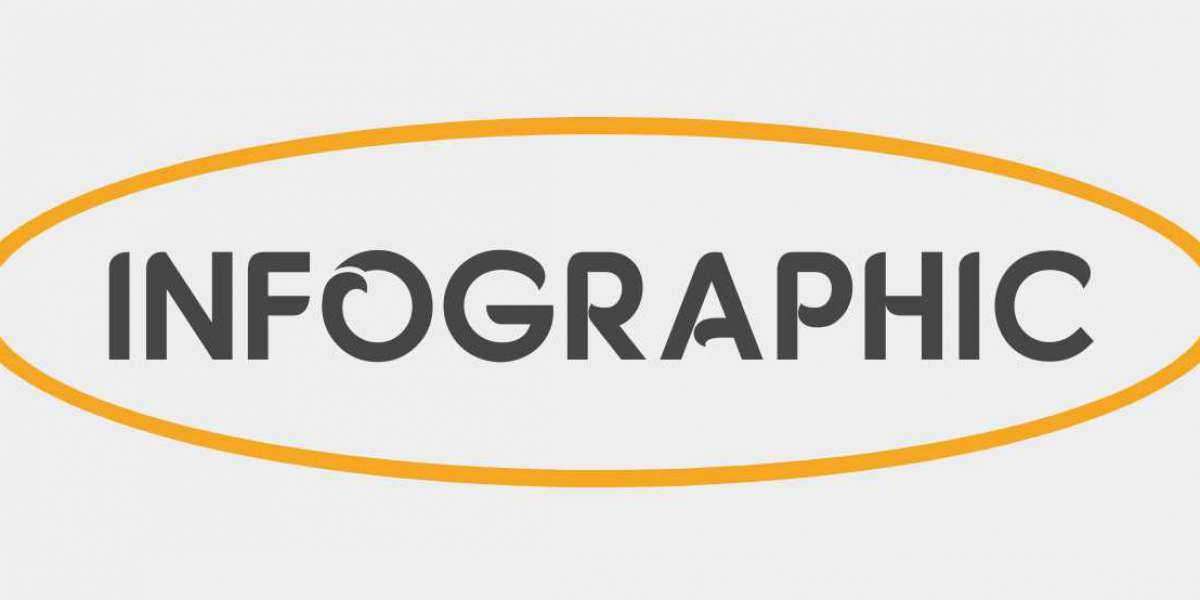The radiation dose management market is projected to reach $749.1 million by 2029, growing at a CAGR of 13.3% from 2022 to 2029. Dose management systems play a crucial role in monitoring patient exposure to ionizing radiation, optimizing radiation doses, ensuring compliance with diagnostic reference levels, and maintaining quality assurance. These systems are essential for radiographers, medical practitioners, medical physics experts, and other health professionals involved in imaging.
COVID-19 Impact on the Radiation Dose Management Market
The COVID-19 pandemic initially led to a decline in demand for diagnostic imaging services due to postponed non-urgent procedures and the risk of contagion in healthcare settings. However, as lockdown measures eased, there was a significant rebound in imaging services. For instance, Australia saw a substantial increase in nuclear medicine and CT services post-June 2020, following a decline from March to May 2020. This recovery trend indicates that the market is poised for growth as the demand for medical imaging continues to rise.
Key Growth Drivers
Increasing Use of Diagnostic Imaging Modalities
The use of diagnostic imaging modalities is on the rise due to the growing prevalence of chronic diseases such as cancer, cardiac conditions, and orthopedic disorders. Physicians rely on imaging modalities for accurate diagnosis and treatment planning. For example, the International Agency for Research on Cancer (IARC) reported that in 2020, 2.3 million women were diagnosed with breast cancer globally, with the number of cases expected to reach 2.74 million by 2030. This increasing burden of chronic diseases necessitates the use of advanced imaging techniques, thereby driving the radiation dose management market.
Radiation Dose Management for Pediatric Patients
Pediatric radiology presents unique challenges due to the varying body sizes and compositions within and across age groups. Radiation dose optimization is particularly crucial for children, who are more susceptible to the harmful effects of ionizing radiation. In the U.S., approximately 5 million to 9 million CT examinations are performed on children annually. This trend highlights the importance of developing tailored dose management protocols for pediatric patients to minimize radiation exposure.
Market Segmentation Analysis
By Offering: Solutions Segment Dominates
The solutions segment is expected to hold the largest market share in 2022, driven by increased awareness and stringent regulations concerning ionizing radiation. The U.S. Joint Commission's new standards, effective from July 2022, require hospitals to implement stricter radiation dose management processes. Additionally, the MITA Smart Dose standard provides healthcare providers with tools to optimize and manage radiation doses in CT scanning.
By Modality: Computed Tomography Leads
In 2022, the computed tomography (CT) segment is anticipated to account for the largest share of the radiation dose management market. This dominance is attributed to the rising prevalence of targeted diseases, early disease diagnosis, and the preference for non-invasive diagnostic procedures. The increase in CT examinations further underscores the need for effective dose management solutions.
By Application: Oncology Takes the Lead
Oncology is projected to be the largest application segment in 2022, owing to the growing incidence of cancer and the extensive use of imaging modalities in oncology. According to the American Cancer Society, the U.S. recorded 1.9 million new cancer cases and 608,570 cancer-related deaths in 2021. Global initiatives, such as the WHO's Global Breast Cancer Initiative, aim to reduce breast cancer mortality by 2.5% annually through 2040, further emphasizing the critical role of imaging in cancer management.
By End User: Hospitals Segment Commands the Largest Share
Hospitals are expected to dominate the market in 2022, driven by the rising prevalence of chronic diseases, increasing patient populations, and advancements in imaging technology. Hospitals are the preferred settings for diagnosis and treatment, supporting their substantial market share.
Regional Market Analysis
North America: The Largest Market
North America is projected to hold the largest share of the radiation dose management market in 2022, attributed to advanced healthcare infrastructure, technological advancements, high awareness of radiation exposure, and stringent regulatory requirements. The region's healthcare expenditure, which increased from $2,658 billion in 2009 to $3,795 billion in 2019, further supports market growth.
Asia-Pacific: Fastest Growing Region
Asia-Pacific is expected to register the highest growth rate during the forecast period (2022–2029). The growth in this region is driven by factors such as increasing healthcare expenditures, rising prevalence of chronic diseases, and expanding healthcare infrastructure in emerging economies like India and China. The region's growing geriatric population and rising cases of obesity and diabetes are likely to increase the demand for radiation dose management solutions.
Download Research PDF @ https://www.meticulousresearch.com/download-sample-report/cp_id=5394
Conclusion
The radiation dose management market is set for robust growth, driven by the increasing use of diagnostic imaging modalities, the need for optimized radiation doses, and stringent regulatory requirements. The market's recovery from the COVID-19 impact and the rising prevalence of chronic diseases further contribute to its expansion. With advancements in technology and growing awareness of radiation safety, the demand for effective dose management solutions is expected to rise, making this market a critical component of the healthcare industry.
The key players: operating in the global radiation dose management market are Bayer AG (Germany), Siemens Healthineers GmbH (Germany), Bracco Imaging S.p.A. (Italy), FUJIFILM Holdings Corporation (Japan), GE Healthcare (U.S.), Medsquare (France), Novarad Corporation (U.S.), PACSHealth, LLC (U.S.), Koninklijke Philips N.V. (Netherlands), Qaelum N.V. (Belgium), Sectra AB (Sweden), Agfa Healthcare (Belgium), Canon Inc. (Japan), Guerbet (France), Medic Vision (U.S.), and Volpara Health Limited (U.S.).
Key questions answered in the report-
· Which are the high-growth market segments in terms of offering, modality, application, end user, and regions/countries?
· What was the historical market for radiation dose management across the globe?
· What are the market forecasts and estimates for the period 2022–2029?
· What are the major drivers, restraints, challenges, opportunities, and trends in the global radiation dose management market?
· Who are the major players in the global radiation dose management market?
· How is the competitive landscape, and who are the market leaders in the global radiation dose management market?
· What are the recent developments in the radiation dose management market?
· What are the different strategies adopted by the major players in the radiation dose management market?
· What are the geographical trends and high-growth regions/countries?
Contact Us:
Meticulous Research®
Email- sales@meticulousresearch.com
Contact Sales- +1-646-781-8004
Connect with us on LinkedIn- https://www.linkedin.com/company/meticulous-research






